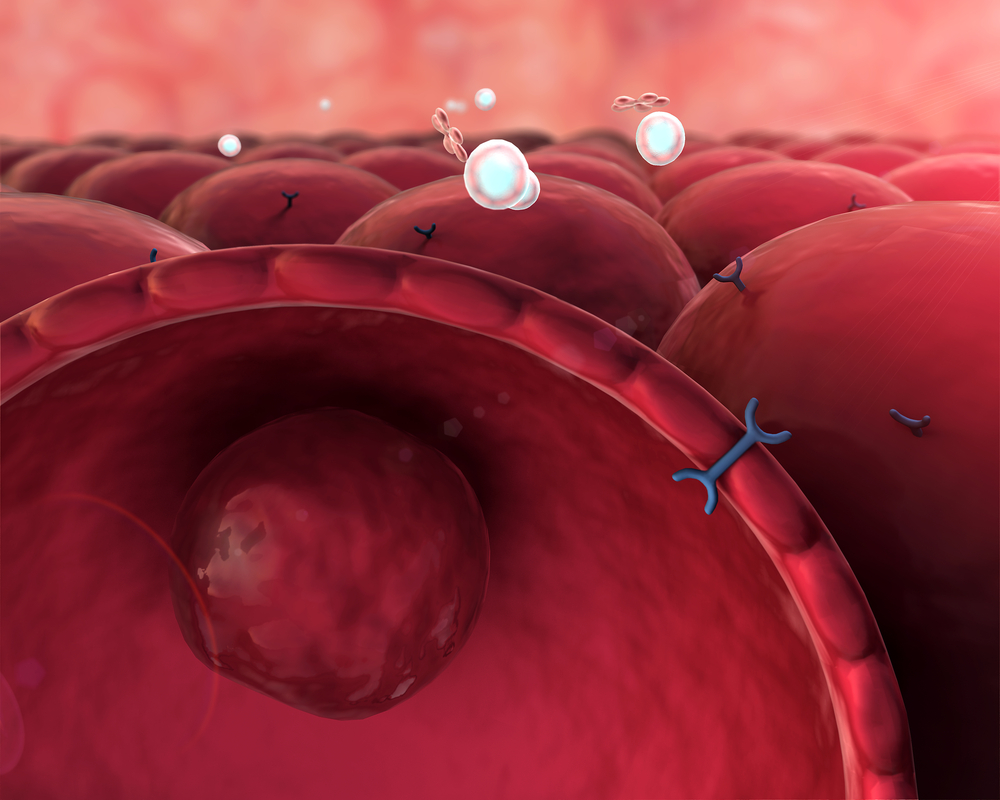New research shows that a cellular program that causes aging can also bring unexpected benefits in the function of pancreatic beta cells and the production of insulin in mice and humans.
The findings, reported in the journal Nature Medicine, come from a study conducted by post-doctoral fellow Dr. Ronny Helman at the Hebrew University of Jerusalem, under the guidance of Dr. Ittai Ben-Porath and Prof. Yuval Dor and in collaboration with scientists from Canada and the US.
These findings are novel in that they indicate for the first time that during healthy aging, the function of beta cells actually improves, at least in some aspects. The study also provides a basic understanding about what happens to beta cells during aging, namely a tradeoff between their ability to divide and regenerate, and their ability to function well.
The researchers examined the activity of a gene named p16, which is known to activate a program called senescence in cells.
Senescence prevents cells from dividing, and is therefore important in preventing cancer.
The activity of the p16 gene increases in human and mouse pancreatic beta cells during aging and limits their potential to divide. This activity is seen as having a negative effect – the lack of ability of these cells to divide can contribute to diabetes, since beta cells are the cells responsible for secreting insulin when blood glucose levels are high, and their loss causes diabetes. However, it was unknown whether senescent beta cells could continue functioning at all.
To their surprise, the researchers discovered that during normal aging, p16 and cellular senescence actually improve the primary function of beta cells: the secretion of insulin upon glucose stimulation. Because insulin secretion increases during the normal aging of mice and is driven by elevated p16 activity, some of these cells actually start to function better.
“Senescence of cells is generally thought to represent a state in which cells lose their functionality, and contribute to tissue aging and disease. It was therefore very striking to observe that when beta cells enter this state during normal aging, the program allows them to function better, rather than worse,” said Dr. Ittai Ben-Porath, who holds the Jacob and Lena Joels Memorial Foundation Senior Lectureship for Excellence in the Life and Medical Sciences, at the Institute for Medical Research Israel-Canada (IMRIC) in the Faculty of Medicine at The Hebrew University of Jerusalem.

“The findings suggest that what we call aging is in fact a continuum, starting with a maturation process that actually improves the function of cells and tissue, at the expense of regenerative potential. This has important implications for how we think about beta cell function and dysfunction in diabetes” said Dr. Ronny Helman, who conducted the study as a JDRF postdoctoral fellow at the Hebrew University of Jerusalem.
Researchers say the discovery that senescence regulates insulin secretion may have broad implications for the understanding and treatment of diabetes. It highlights a new mechanism by which beta cell function and insulin secretion can be enhanced, and suggests that drugs that can affect cell division.
Moreover, the researchers say tools that can activate senescence could be implemented for better treatment of diabetes.
Collaborators on this research are affiliated with the Institute for Medical Research Israel-Canada at the Hebrew University-Hadassah Medical School; Endocrinology and Metabolism Service, Hadassah-Hebrew University Medical Center; Vanderbilt University Medical Center; and the University of Alberta.















